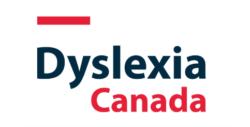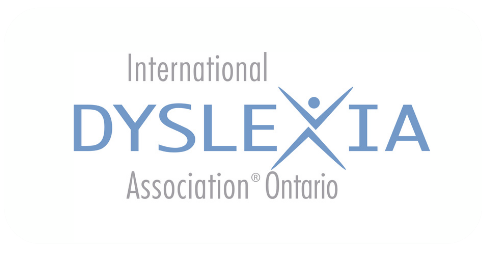The Power of Content-Rich Vocabulary Instruction
In this International Dyslexia Association Perspectives article, authors Tanya S. Wright and Susan B. Neuman explore the topic of content-rich vocabulary instruction. The article explains why vocabulary instruction is essential and what it is. It provides five meaningful ways to increase vocabulary instruction in the classroom, including how to create a vocabulary-rich environment, ways to…



